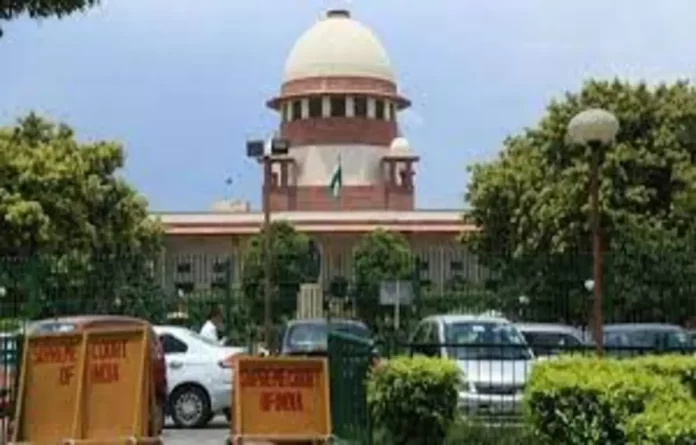The Supreme Court on Thursday directed all the High Courts to take necessary steps to establish Vulnerable Witness Deposition Centres (VWDCs) in all districts. The Supreme Court also mentioned that this exercise must be completed on or before 30 April 2024.
The bench led by Chief Justice of India DY Chandrachud, Justice J B Pardiwala and Justice Manoj Misra made the aforesaid directions while hearing a Miscellaneous Application on the need to establish vulnerable witness courtrooms in compliance with the decision of the top court in the State of Maharashtra v Bandu Daulat (2018) case.
In the decision, the Supreme Court issued the directions for setting up special centres for examination of vulnerable witnesses in criminal cases. The decision was taken to facilitate a conducive environment for recording the statements of vulnerable witnesses.
Earlier in 2021, the bench comprising CJI DY Chandrachud and Justice Surya Kant had issued a slew of detailed directions. The directions were intended to ease the implementation of the directions that were rendered in Bandu as well as in other decisions.
The Supreme Court had also observed that the need for and importance of setting up facilities that cater to the need to create a safe and barrier free environment for recording the evidence of vulnerable witnesses has engaged the attention of the apex court for decades.
Earlier, the direction that every High Court should set up a permanent VWDC committee, was also passed. Justice Gita Mittal, former Chief Justice of the Jammu and Kashmir High Court, was requested to chair the committee for designing, and implementing an all-India VDWC training programme.
Owing to this, the Court in the present order extended the term of Justice Mittal after noting that setting up and monitoring the VWDC is underway. In accordance with the above-mentioned direction, the Court also asked the chairperson to prepare a fresh, updated status report. Additionally, the same is required to be submitted by the first week of May 2024. The report shall indicate the status of compliance by the High Courts.


